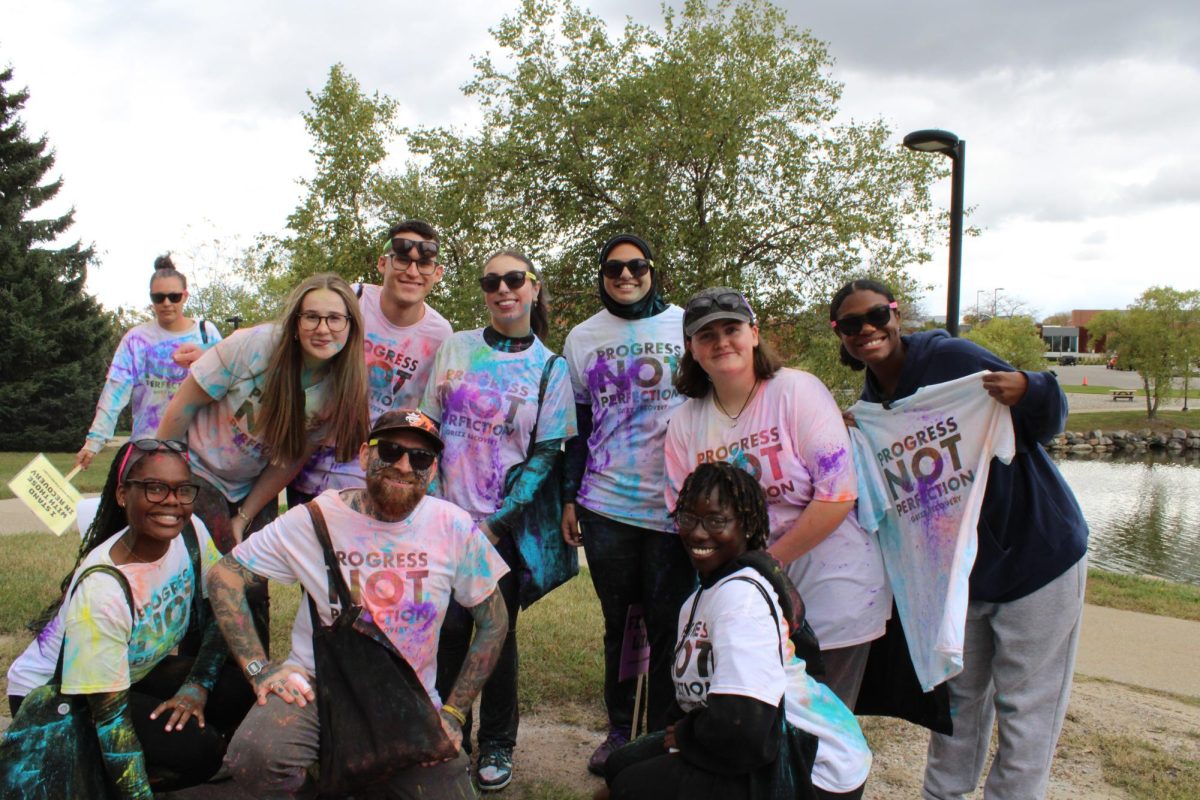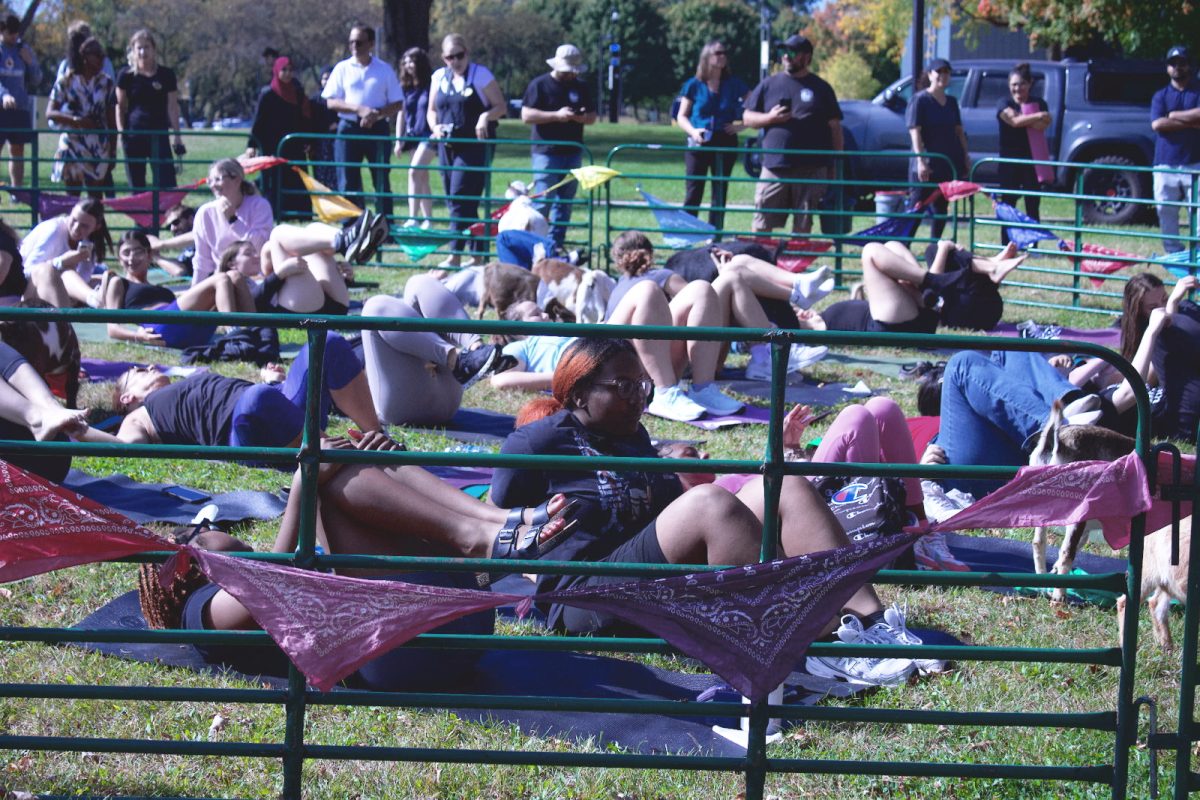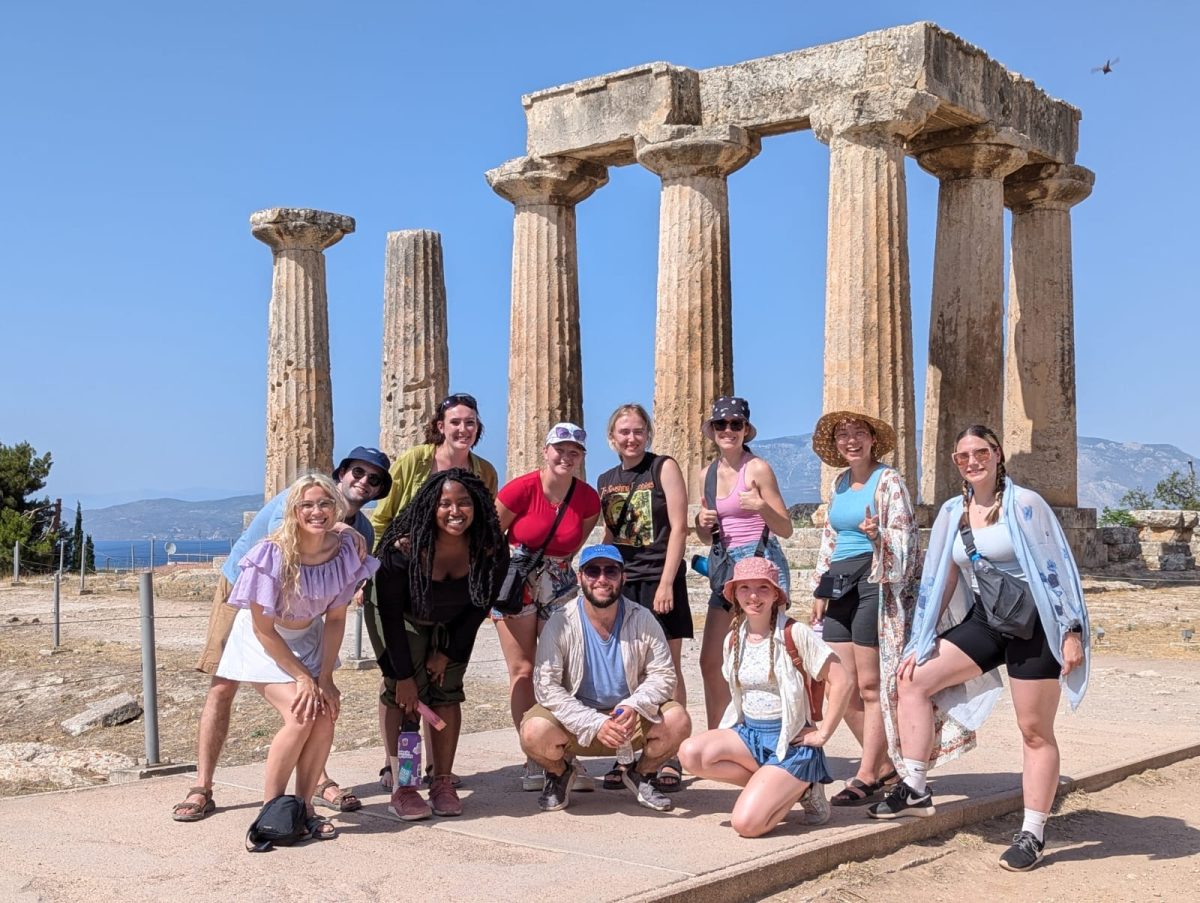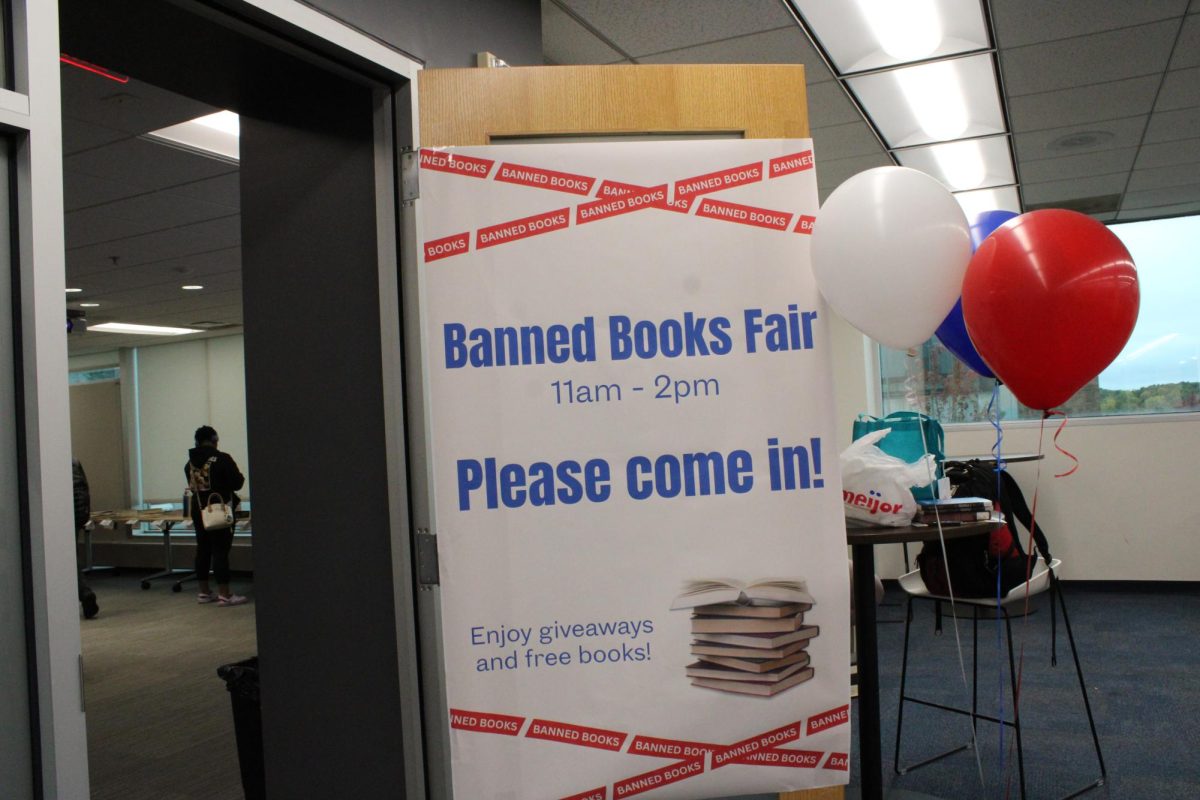On March 20 in the Lake Michigan Room, the Criminal Justice Club (CJC) invited postgraduate Michigan State University (MSU) students and faculty as well as a Michigan state police trooper to offer insight into the diversity of routes to take after graduation.
The CJC’s information night on postgraduate criminal justice degrees and law enforcement careers encapsulated a larger conversation on the unexpected paths of life.
Kaelyn Sanders, a fourth-year Ph.D. candidate in MSU’s School of Criminal Justice, explained the five major criminal justice programs MSU offers.
After discussing the in-person and online programs and the practical specializations such as cybercrime or intelligence analysis, Sanders offered tips for applying to graduate school.
“Select strong people to write your letters of recommendation,” Sanders said. “You particularly want to select faculty who have had you in class — multiple classes are even better. People who can speak to your ability to do what you’re going to be asked to do in these graduate programs.”
Sanders also recommended doing research on the postgraduate program of interest, networking with professors, shadowing a student, or doing online research to know the faculty and recent projects.
“That shows that you’ve done your research on the program and you also are knowledgeable about who you want to work with and why,” Sanders said. “Explaining why — that makes you a good fit for the program.”
After Sanders finished her online discussion, the conversation shifted towards recalling singularities in life that led to unexpected outcomes.
Christina DeJong, former MSU faculty in the criminal justice postgraduate programs, explained how she went from being a junior studying astrology to spending 15 years doing criminal justice research.
“I was short a social science class and so I had to add one at the last minute, and I randomly added sociology,” DeJong said. “I got my degree in sociology, so I went for my masters in criminal justice to the University of Maryland, and I kind of unexpectedly fell in love with research.”
Similarly, trooper Melissa Beafore said her social studies degree was incorporated into her unexpected career as a cop.
“I studied HDFS, human development and family studies. I worked at a nonprofit under the criminal justice department,” Beafore said. “My job was to help families but a lot of it was helping and documenting and trying to get the ball moving but I couldn’t actually effectuate anything.”
Both guest speakers moved on to talk about the duality and balance of theory and practice, academic and fieldwork.
“You can have education and you can have experience and they have to match,” Beafore said.
“It’s important to look for opportunities to do research or to engage, to figure out what we want to do because most of of us don’t know when we’re 20 years old, what we want to do for the rest of our lives,” DeJong said.
The informational meeting ended with encouragement for student attendees to continue exploring their field of study, but also any other opportunities that they may encounter.
“I am a full believer that you really won’t know if it’s something that you’re interested in until you actually take that risk and go outside of what you ever would’ve thought you would be doing,” Before said.
“We both kind of fell into something we weren’t expecting,” DeJong said. “Keeping your options open and not brushing anything off [is important] because you just don’t know yet where your path is going to go.”







